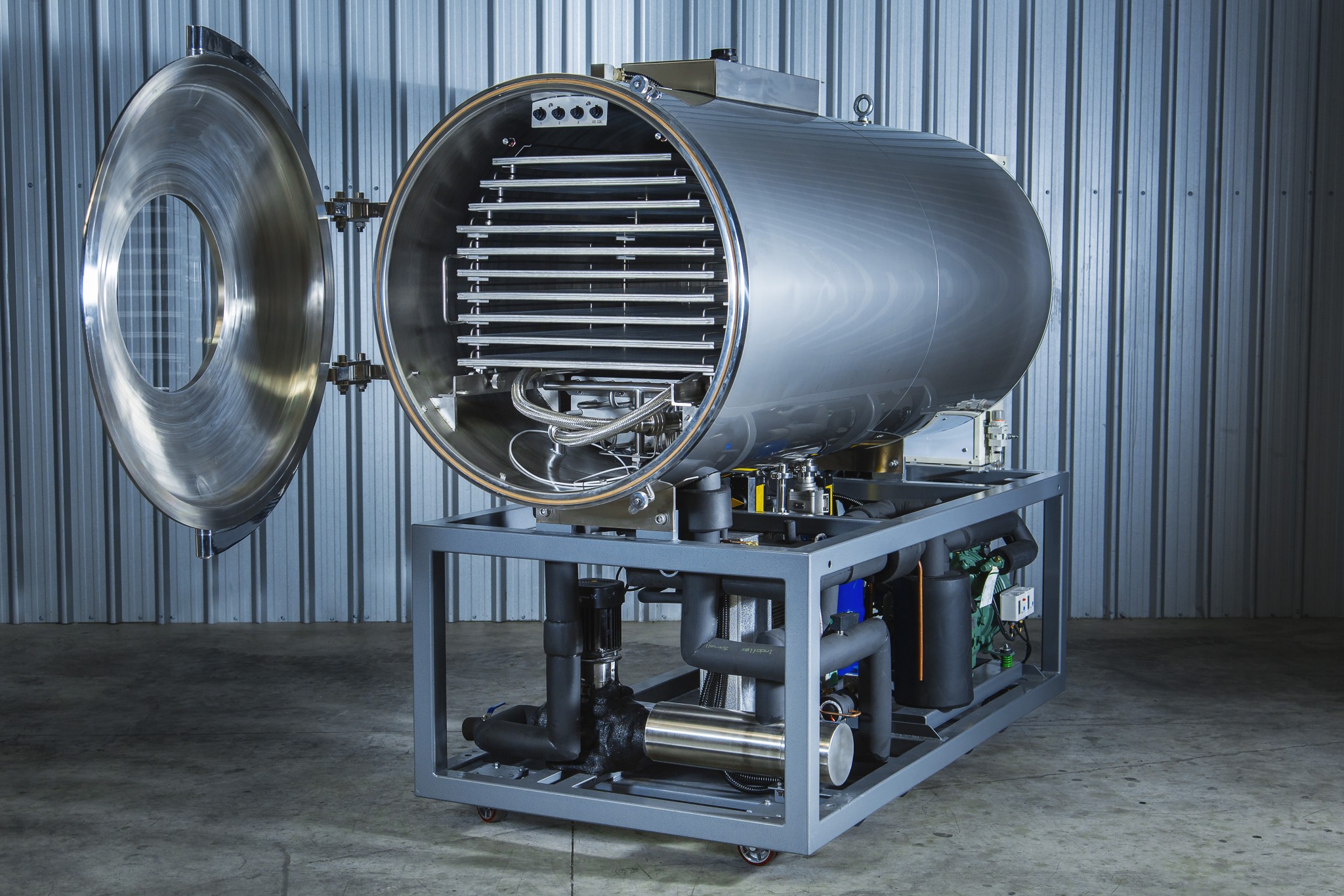In a world where freshness and longevity are paramount, freeze-drying companies have emerged as pioneers in preservation technology. These companies employ a sophisticated process that removes moisture from various materials while preserving their structure and integrity. From food to pharmaceuticals, from historical artifacts to biological specimens, freeze-drying has become a cornerstone in the preservation industry. At the forefront of this innovation are companies like Harvest Right, Labconco Corporation, Millrock Technology, and Azbil Telstar. These industry leaders offer a range of freeze-drying solutions tailored to specific needs, whether for commercial production or research purposes. Their state-of-the-art equipment and expertise have revolutionized the way perishable goods are stored and transported. In the food industry, freeze-drying has opened new avenues for culinary exploration. Freeze-dried ingredients retain their flavor, texture, and nutritional value, making them ideal for gourmet cooking, emergency rations, and space travel.

Companies specializing in freeze-dried foods have capitalized on this technology to create a diverse range of products, from instant coffee to astronaut ice cream. Moreover, freeze-drying has transformed the pharmaceutical sector by enabling the preservation of sensitive drugs and vaccines. By removing moisture without subjecting them to high temperatures, freeze drying companies ensure the stability and efficacy of these life-saving medications. This has been particularly crucial in regions with limited access to refrigeration, where traditional preservation methods may be impractical. Beyond food and medicine, freeze-drying has proven indispensable in preserving cultural heritage and scientific research. Museums and archives rely on freeze-drying companies to conserve delicate artifacts and documents, safeguarding them for future generations. In laboratories, freeze-drying is used to preserve biological samples, such as tissues and bacteria cultures, for analysis and experimentation. Despite its many applications, freeze-drying remains a complex and specialized process.
Companies in this industry invest heavily in research and development to enhance their techniques and expand their capabilities. Advancements in vacuum technology, refrigeration systems, and automation have propelled the efficiency and scalability of freeze-drying operations, driving down costs and increasing accessibility. However, challenges persist, particularly concerning environmental sustainability and resource efficiency. Freeze-drying requires significant energy consumption, and the disposal of residual solvents can pose environmental risks if not managed properly. To address these concerns, companies are exploring greener alternatives, such as using renewable energy sources and developing eco-friendly drying agents. Looking ahead, freeze-drying companies are poised for continued growth and innovation. As demand for long-lasting, high-quality products rises, so too does the need for advanced preservation solutions. Whether in food production, pharmaceutical manufacturing, or scientific research, freeze-drying companies play a vital role in shaping the future of preservation technology. By pushing the boundaries of what is possible, they ensure that freshness and longevity are never compromised.